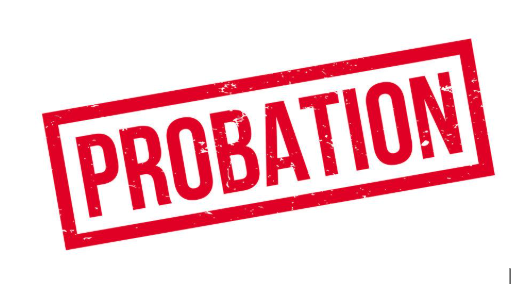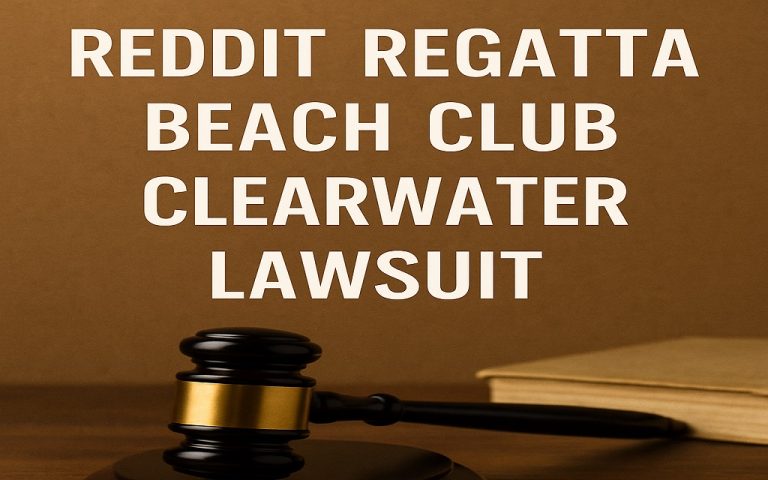Probation is a common part of the criminal justice system, but many people are not quite sure about how it works. Whether you have been placed on probation or know someone who has, it is normal to have questions running in your mind.
You should understand some major probation rules to know whether you are following your probation correctly or you are violating your terms of probation. Knowing these helps avoid any consequences that arise.
Here are six of the most common questions people have about probation answered in simple terms.
- What Is Probation, and How Does It Work?
Probation is a “suspended” sentence that allows a person to stay out of jail, provided they follow specific rules. Instead of serving time behind bars, the person must report to a probation officer and meet other conditions set by the court.
There are different types of probation. Supervised probation means you will have to check in with a probation officer regularly. Unsupervised probation, also known as probation to the court, is less strict and may not require regular check-ins with an officer. Instead, a person is responsible for self-reporting and has to follow court rules.
- What Are the Typical Conditions of Probation?
The court gives a list of conditions that the person must follow while on probation. These include:
- Staying drug and alcohol-free
- Regular check-ins with a probation officer for supervised probation
- Maintaining employment
- Not engaging in any further criminal activity
- Paying fines and restitution
- Going for counseling or treatment programs
- Avoiding certain places and people
These conditions vary depending on the crime and the person’s background. Not following any of these rules can lead to serious consequences.
- Can I Leave the State or Country While on Probation?
Travel is usually restricted while on probation. This means you can’t pack your bag and leave the country or state whenever you want. If there is a good reason to travel, you can ask your probation officer or the court for permission. Avoid leaving without approval since this can count as a violation and lead to more punishment.
- What Happens if I Violate Probation?
A probation violation happens when someone breaks the rules. Common violations include missing appointments, using drugs or alcohol, getting arrested again, or failing to pay fines. If a violation happens, the court may:
- Issue a warning.
- Add more conditions.
- Extend the probation period.
- Revoke probation and send the person to jail.
It depends on how serious the violation is and whether it is a first-time offense.
- Can Probation be Shortened or Extended?
Yes, it is possible. Sometimes, if someone follows all the rules, finishes all programs, and stays out of trouble, their lawyer can ask the court to end probation early. This is likely to happen if a good amount of time has passed without any issues.
On the other hand, probation can also be extended if someone violates the rules or needs more time to meet the conditions. The court makes the final decision.
- How to Successfully Complete Probation?
The best way to finish probation is to take it seriously. Show up to all appointments, follow every rule, and stay out of trouble. Also, keep in touch with your probation officer and ask questions if you are unsure about something.
If you do everything you are supposed to, you will complete probation without any issues. In some cases, successfully completing probation may lead to your record being cleared.
Conclusion
Probation gives people a chance to stay in their communities instead of going to jail, but it comes with responsibilities. Following the rules, staying in contact with your probation officer, and asking for help when needed can go a long way. If you ever have questions about your probation, it is always smart to speak with your lawyer, who can guide you through the process.
Articles published under the Editorial Desk byline may include material from various sources and are reviewed internally to ensure clarity, factual consistency, and compliance with the site’s editorial standards. Content is published for general informational purposes only and follows applicable content and publishing guidelines




